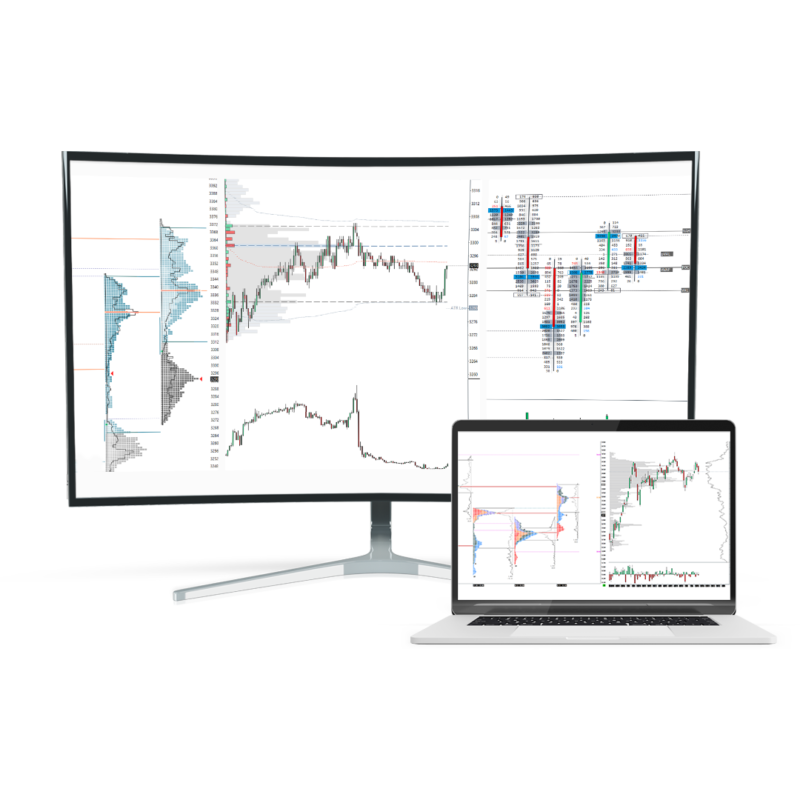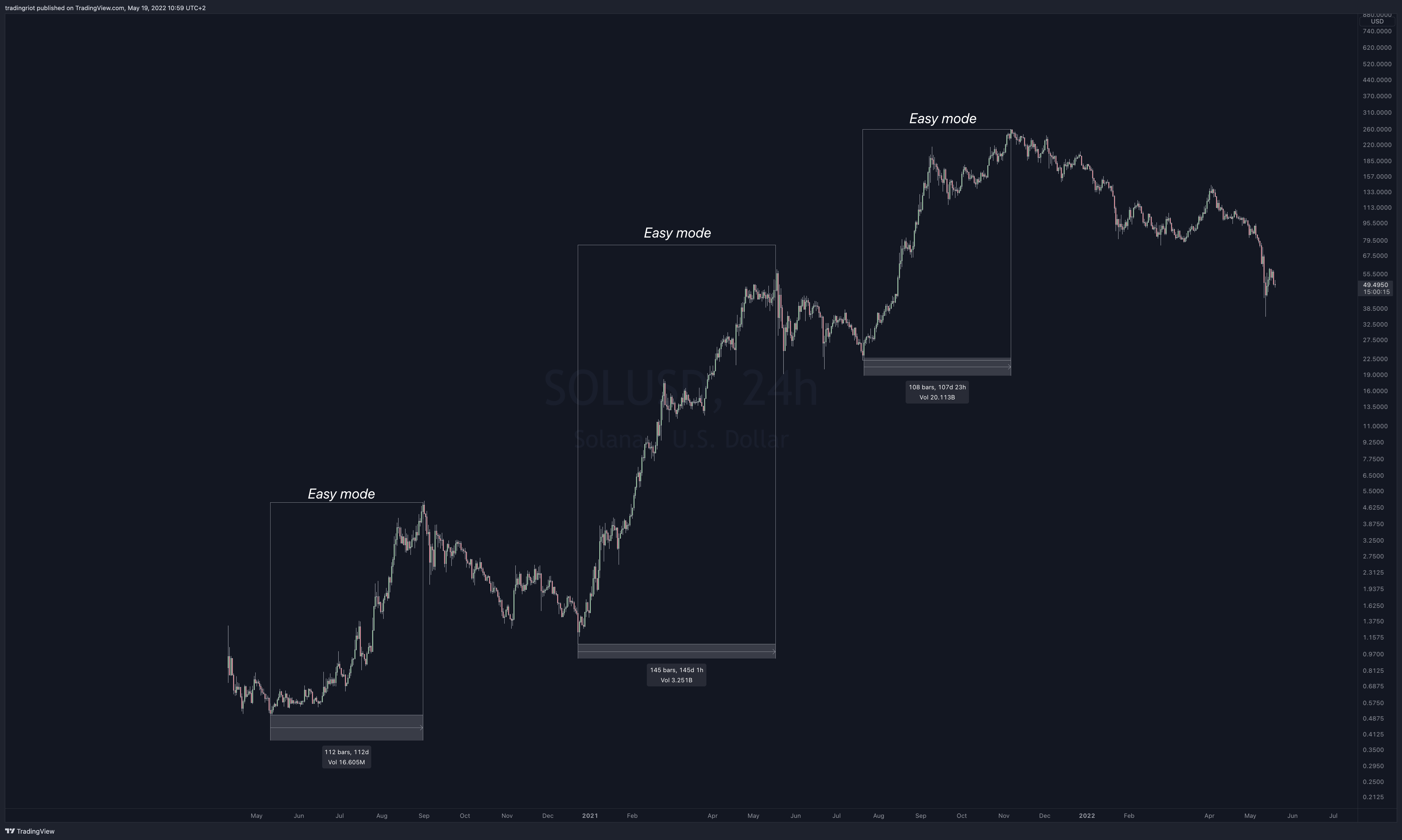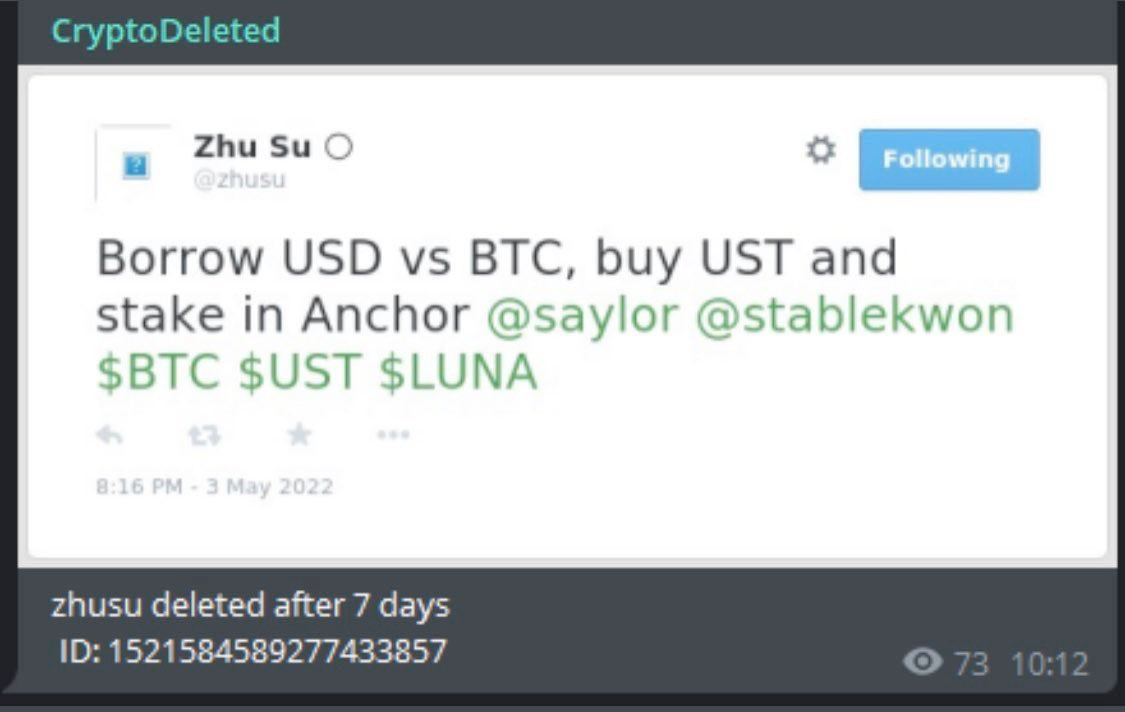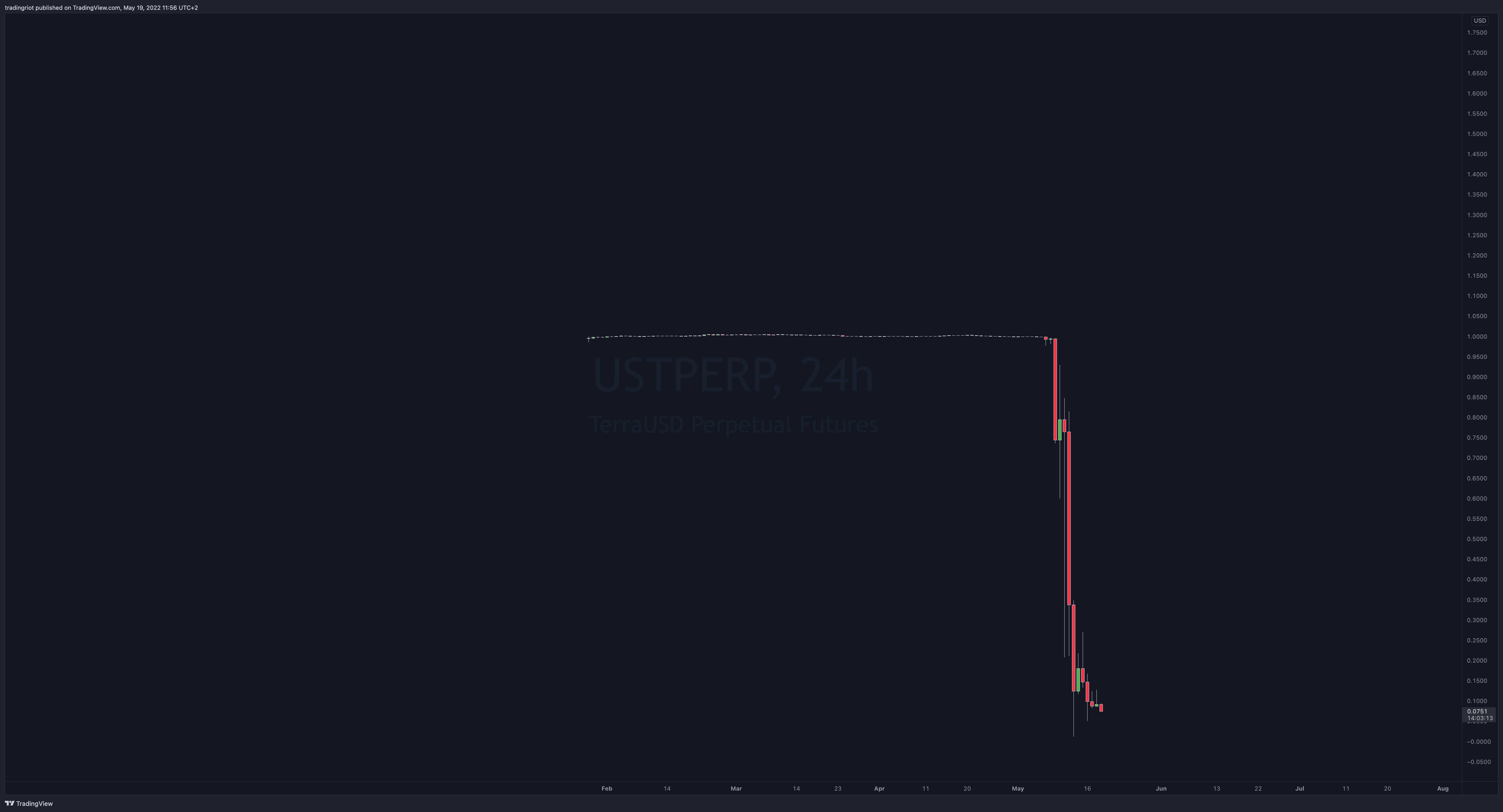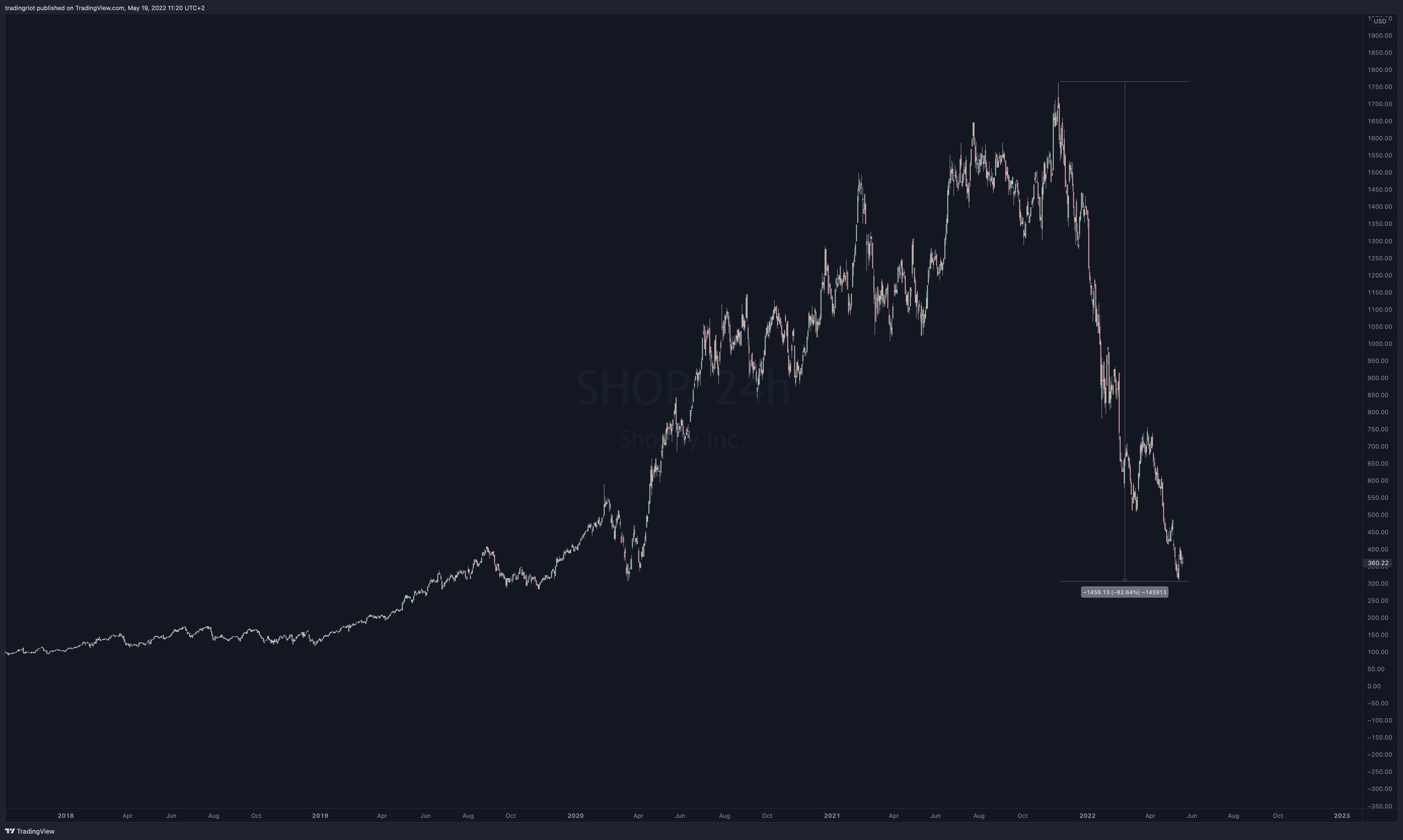
Trading vs gambling
Reminiscences of a Stock Operator is a top-rated book and considered a “go-to” trading book for all new aspiring traders.
2023 will be the 100th anniversary of its original publication, and you will hardly spend a week on fintwit without seeing someone sharing notes and quotes from the book.
I always found this interesting since the book is heavily inspired by Jessee Livermore, who might have been a great trader but also went bankrupt three times and killed himself.
The truth is that people love a good story, either if it is about someone who made a huge bet that made him a fortune or someone who just yolo’d on short term expiration options right before earning and lost everything.
But is this the way to approach the financial markets?
When it comes to large losses, is the 5-minute of internet fame on your “lossporn” really worth it?
Or, if you made a lot of money in one single trade, what was your actual risk? Did you go all in, and you got lucky this time?
This article will aim to shed some light on the “PVP” side of markets and ways how to make more educated and safer bets.
If you like this article, read the rest of the blog or join the Tradingriot Bootcamp for a comprehensive video course, access to private discord and regular updates.
For those who are looking for a new place for trading crypto, make sure to check out Woo. If you register using this link and open your first trade, you will get a Tier 1 fee upgrade for the first 30 days, and we will split commissions 50/50, which means you will get 20% of all your commissions back for a lifetime. On top of that, you will receive a 20% discount for Tradingriot Bootcamp and 100% free access to Tradingriot Blueprint.
Table of Contents
PVP Markets
Recently, the new favourite catch-phrase on crypto Twitter is that we are in “PVP markets”.
For those that haven’t spent their younger years playing MMORPG games for 20 hours every day, PVP stands for player-versus-player.
Its opposite is called PVE, which stands for player versus environment.
In games, this is very straightforward; in PVP, players compete against each other, and in PVE, players compete against the computer.
Using this comparison to markets might be one of the dumbest things I have ever heard.
People refer to PVE markets in regards to the “easy mode”.
The periods when markets trend up, and everyone is happy and making a lot of money.
But is there an “easy mode”?
For every trade ever executed in any market, you need two sides you need buyer and seller.
In all trends, there is always a counterparty that tries to bet against it, and it allows buyers to have this said “easy mode”.
But those overly confident buyers that were laughing and buying up are often too stubborn to recognize trend shifts, and they will give everything back and more as the market turns against them.
In bull markets, people often forget these simple mechanics of financial markets. They argue that something like airdrops is this PVE type of market as the money is essentially created from nothing.
Once again, only because you got something for free doesn’t mean everyone is being in the same boat; if you want to sell, you need to find a counterparty that thinks there is more value to the thing you are selling, and they are willing to exchange hands with you.
The bottom line is there is no such thing as PVE or an easy mode.
There are periods when markets are more forgiving, but if you won’t pay attention and take things seriously, you will give everything back very quickly.
The Risk (and Reward)
The vast majority of people come to markets buying (or shorting) things, and the only thing they can think of is what they will buy with their newfound fortune.
Very few people buy something in the markets and ask themselves, “What if this thing goes to zero tomorrow?” Not many.
When we make any financial decision, we often refuse to think about risks as the feeling of being wrong and losing money is not comfortable.
But as we have seen recently, things can go to zero quite fast.
The Luna and UST situation was an eye-opener for many people; unfortunately for a lot of people, this meant losing their life savings, which in the most extreme cases, led to the suicides.
Should you feel sorry for those people?
It is harsh, but trading and markets are not game or fun.
If you decide to invest your money into anything, you must understand its risks.
What, of course, plays a huge role in everything are social media and the lack of empathy and carelessness of a lot of bad actors.
Unfortunately, those that got hit hardest are usually people who are just in desperate situations trying to escape jobs they hate.
Although I believe that some of these people should be held responsible for their actions, at the end of the day, we are all adults, and no one is holding your hand and forcing us to buy anything.
I do understand that the vision of getting rich quickly is very appealing, but if you don’t step into the markets without thinking about risk first, it is just a matter of time until you get hit hard.
Of course, when things go south, those that lost money always blame others for their losses, but at the end of the day, you made the final decision, and you should take responsibility for your actions.
And it is not like it is something extremely hard to protect yourself.
If you held Luna, all you had to do was a place hard stop-loss order that would take you out from the position or use derivatives markets as a hedge against your spot position.
Even when it comes to UST that lost its peg, there was a perpetual futures market on FTX the whole time.
Shorting the perpetual futures of UST would give you the downside protection for situations like these.
But most people don’t know or don’t care because what could go wrong, right?
Well, as we all could see, a lot of can go wrong and at the end of the day the fact that you “didn’t know”, “didn’t understand the mechanics”, or “listened to someone on Twitter that said it’s safe”, is not an excuse.
Take the boring way
Over the last few years, trading and investing have become extremely cringe on the internet.
Trading from your phone inside your supercar in Dubai and making millions with the least amount of work possible is what you often see on the internet that drives so many people in.
On the opposite side, you have a trading firm that employs the most intelligent people to develop trading edges and algorithms to extract every little alpha from the markets.
You need to realize that you are trading against one of the most intelligent people in the world, and trying to find any possible shortcut will be punished sooner or later.
The longevity in trading is achieved through a much less exciting process than the internet presents.
It essentially can break down into two things that cannot work without each other, Trading System and Risk Management.
People often spend too much time looking at the perfect system and disregarding the risk management part.
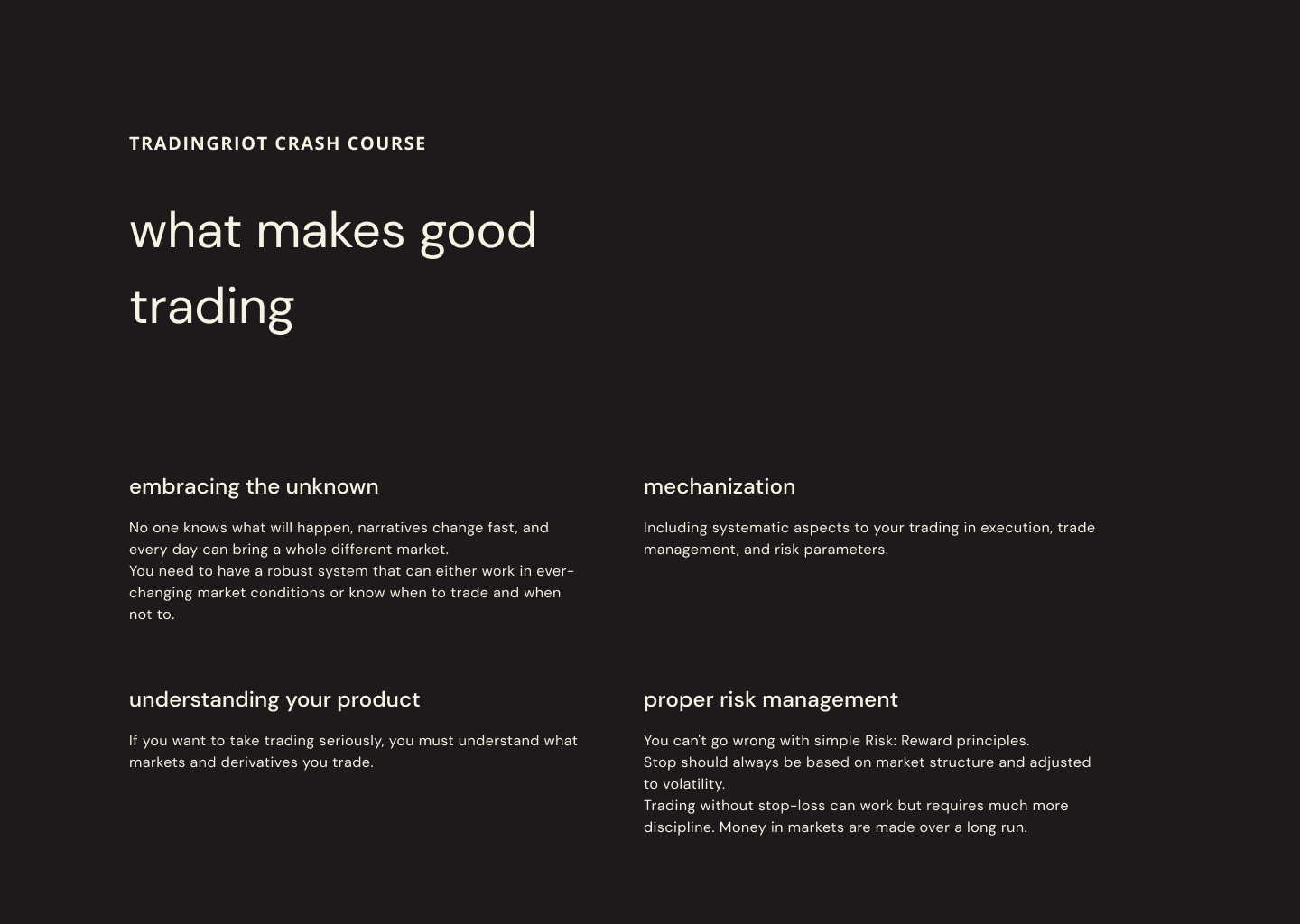
Screenshot from the free crash course: https://www.youtube.com/watch?v=V2tOc3Br-YU
On the other hand, you will never make money if your strategy is sucks.
There are endless ways to trade and ways to test if they work or not.
Without going into the detail, I recommend you focus on the mechanization of any strategy that introduces the systematic aspects to your trading.
Once you start to work in “If-then” scenarios, you will have a much easier time seeing if what you are doing works or not.
Money and a career in markets are not made with one trade but with a series of well-calculated bets that will reward you over the long run.
This mindset of focusing on the next 1000 trades instead of one trade is boring, but it is a way to do things.
Once you gain confidence and have a track record to back your decisions, you will find yourself in rare situations where you will have a chance to “bet big”.
But even then, you should never be in a situation where any single position could financially ruin you.
Conclusion
Trading is hard, and markets are not in the forgiving mood they were in March 2020 and most of 2021.
Even most stocks that were considered a “safe investment” are down 70-90% from the start of the year.
Although it all might sound insane, it is a new normal as world events such as high inflation and other things bring large volatility to the markets.
If you think that you can get away with blindly following other people, not knowing precisely what you’re doing and what your risks are or trying to make a fortune with one big bet, you are in for a rude awakening.
